22 Jun Venezuelan Exchange Control
Venezuela established an exchange control in 2003. The exchange control was formally repealed pursuant to Exchange Agreement N° 1 published in the Official Gazette on September 7, 2018. However, the foreign exchange market continues to be controlled and access to foreign currency in important quantities and transferred abroad may be difficult.
- Regulatory Framework.
The foreign exchange rules are set pursuant to agreements between the Central Bank of Venezuela (BCV) and the Ministry of Finance (Exchange Agreements), in accordance with Article 122 of the BCV Act and by BCV regulations of.
Exchange Agreement N° 1 sets the framework for the exchange market. The 2018 Exchange Agreement Nº 1 replaced, by consolidation and amendment, 36 Exchange Agreements that had accumulated over the years. Despite the regulatory changes and the claim that there is free convertibility (Articles 1 and 2), transactions are to be made through a system administered by BCV, which reports the rate to be used (Article 9). The main supplier of foreign currency is Petróleos de Venezuela S.A. (“PDVSA”), the national oil company, which sells its foreign currency to BCV, which has recently seen its international reserves at a 20 year low, and less than half what they were when the exchange control was established. In short, access to foreign currency continues to be restricted and controlled by the authorities.
Notwithstanding the above, there have been some important recent improvements, including that the criminal liability for entering into foreign exchange transactions was eliminated to a large extent with the repeal of the Act of the Foreign Exchange Regime and its Illicits, albeit such repeal is questionable, for it was made by the National Constituent Assembly, which legitimacy has been rejected by the National Assembly and several foreign governments. The hyperinflationary environment has caused that the use of foreign currency is ever more frequent in commercial transactions and the government has not prohibited the broad use of dollars to transact even consumer goods.
- Mandatory Sales.
The foreign currency generated by the Republic and other government owned entities must be sold to BCV. PDVSA is authorized to retain abroad part of the foreign currency proceeds from its operations to satisfy its foreign currency needs. To the extent that PDVSA uses part of its foreign currency holdings, it can purchase additional foreign currency from BCV to replenish them.
Foreign currency originated from private sector exports must be sold to BCV within five (5) working banking days following the day on which the export proceeds are received. However, up to 80% of the export proceeds can be retained by the exporter to pay for its expenditures.
Foreign currency brought to Venezuela, including foreign currency received in payment of transportation services, travel and tourism operations, and other similar services must be sold to BCV, except that such services providers may retain up to 80% of the foreign currency service payments they receive.
- Oil, Gas and Petrochemical Activities.
Joint venture companies created to develop activities governed by the Hydrocarbons Organic Act, the Gaseous Hydrocarbons Act and the Petrochemical Activities Act, can retain the foreign currency proceeds they receive from their activities, up to the amount that they require to make payments abroad. Such entities are not able to acquire foreign currency from BCV (Article 44).
May 31, 2022

